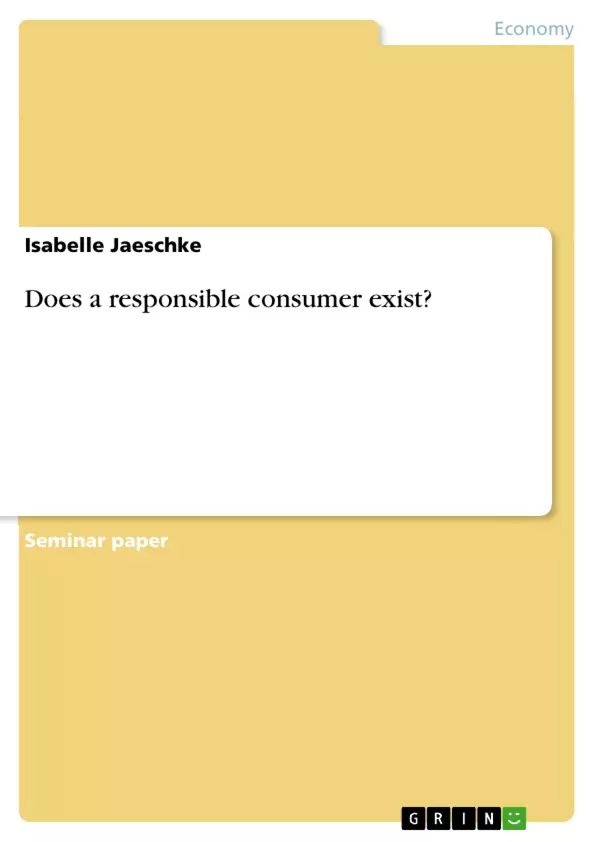The question has arisen of whether society is being protected from food that is making it sick, particularly whether if people are protected by the politics. How are the people – the consumers – seen in general from a company’s and from the politicians’ point of view? This is a general question asked based on the topic of food, sugar and a correlation between diseases and the prosperity of states. The question how the consumer is seen affects many other topics aside from food choices and possibilities of diseases. It is related to democracy, marketing and money. Does a responsible, accountable consumer exist? Who is taking his own decisions and who is influenced without noticing it, possibly with dire consequences? Which role do companies, politicians and science play?
Table of Contents
- Introduction
- Problem statement
- Target setting
- Big Food and Big Pharma and their connection to politics
- Understanding of a “responsible consumer”
- Contradictions and interpretation problems
- Paradoxon
- The homogeneous consumer
- Behavioral biases
- Information model
- The responsible consumer as a vehicle of lobbyism
- Results
- Conclusion
Objectives and Key Themes
This paper aims to investigate the concept of a responsible consumer and explore its implications for the food industry. It examines the role of large corporations, particularly in the food and pharmaceutical sectors, and their influence on political decision-making. The paper delves into the challenges of defining a responsible consumer and the contradictions that arise from their behavior. It considers the impact of lobbying efforts on consumer choices and the broader implications for public health.
- The definition and contradictions of a responsible consumer
- The influence of large corporations on politics and consumer behavior
- The role of lobbying in shaping consumer choices
- The connection between unhealthy diets and non-communicable diseases
- The implications of consumer behavior for public health
Chapter Summaries
- Introduction: This chapter introduces the topic of the responsible consumer, highlighting the increasing prevalence of unhealthy diets and non-communicable diseases. It raises questions about the role of large corporations, corruption, and the influence of politics on food production and consumption.
- Big Food and Big Pharma and their connection to politics: This chapter explores the relationship between large food and pharmaceutical companies and their influence on political decisions. It examines how these corporations use lobbying to shape regulations and public perception regarding food consumption and health.
- Understanding of a “responsible consumer”: This chapter examines the challenges of defining a responsible consumer and the complexities surrounding their behavior. It analyzes contradictions and interpretation problems, including the paradox of consumer choice, the homogeneity of the consumer model, and the impact of behavioral biases. It also explores the ways in which responsible consumerism can be used as a vehicle for lobbying.
Keywords
This paper focuses on the key concepts of responsible consumption, corporate influence, lobbying, consumer behavior, food industry, public health, non-communicable diseases, and diabetes. It examines the role of large corporations, particularly in the food and pharmaceutical sectors, and their impact on political decision-making and consumer choices.
- Quote paper
- Isabelle Jaeschke (Author), 2021, Does a responsible consumer exist?, Munich, GRIN Verlag, https://www.grin.com/document/1032949



